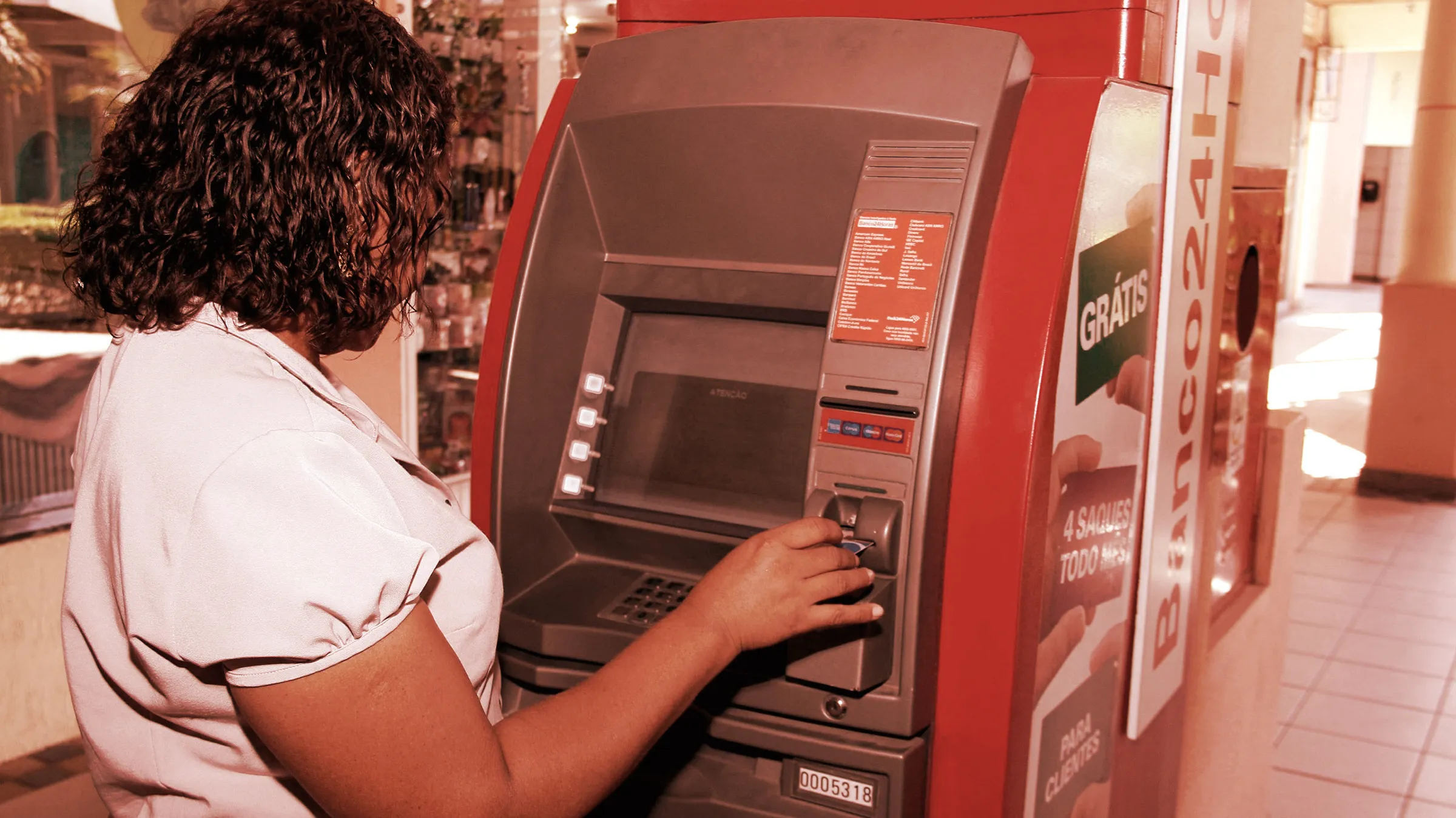Tether announced Thursday that it plans to make its USDT cryptocurrency—the world’s dominant stablecoin by market capitalization—available at over 24,000 ATMs across Brazil.
“The difficulties and limitations imposed by inflation and a less-than-inclusive financial system have excluded many of Brazil’s citizens from being able to participate in the country's growing economy,” Paolo Ardoino, Tether’s CTO, said in a statement. “Adding tether tokens to ATMs across Brazil provides the opportunity to include more people in the financial system.”
ATM users in Brazil will soon be able to instantaneously convert Brazilian reals into USDT and vice versa, and send their USDT anywhere in the world.
“This will bring major changes not only to the payments industry but to the entire Brazilian financial ecosystem,” said Ardoino.
To expand USDT’s presence in South America’s largest economy, Tether partnered with Brazilian payments company SmartPay, which helped integrate USDT with Brazilian payment system PiX and TecBan, the largest ATM provider in Brazil. The program is planned to launch on November 3.
Cryptocurrencies, particularly stablecoins like USDT, have amassed particular popularity in Latin American markets in recent years. Consumers are drawn both to their accessibility as well as their utility as stores of value that have often proved less volatile than national currencies.
Stablecoins like USDT are typically tied to the value of the US dollar and collateralized by real-world assets that are audited by American financial institutions. For this reason, they have gained traction as financial products that offer the autonomy of a crypto asset and the stability of reliable fiat money.
USDT, the world’s most traded cryptocurrency according to CoinGecko, currently boasts a market capitalization of over $68 billion. It is heavily relied upon both by consumers seeking a stable store of value and by crypto traders seeking to enter and exit trades quickly without the need to access hard cash.
Brazil’s economy has endured steep inflation for well over a year. September marked the first month since June 2021 that inflation fell under 9%. In 2021, Brazilian reliance on stablecoins more than tripled, according to Brazilian tax authority Receita Federal.
As Tether has expanded its global dominance, the company has taken steps to increase perception of its steadiness and transparency. Last week, Tether announced it had completely eliminated commercial paper from its reserves, and would replace those investments with US Treasury Bills. The move was largely seen as an effort to assuage American regulators concerned about the stability of the company’s asset reserves.

